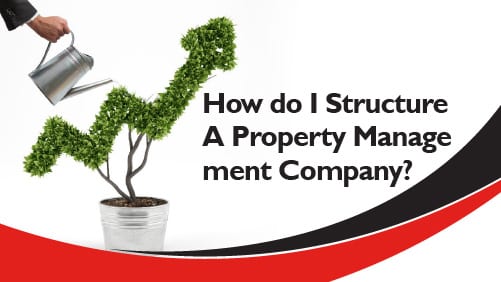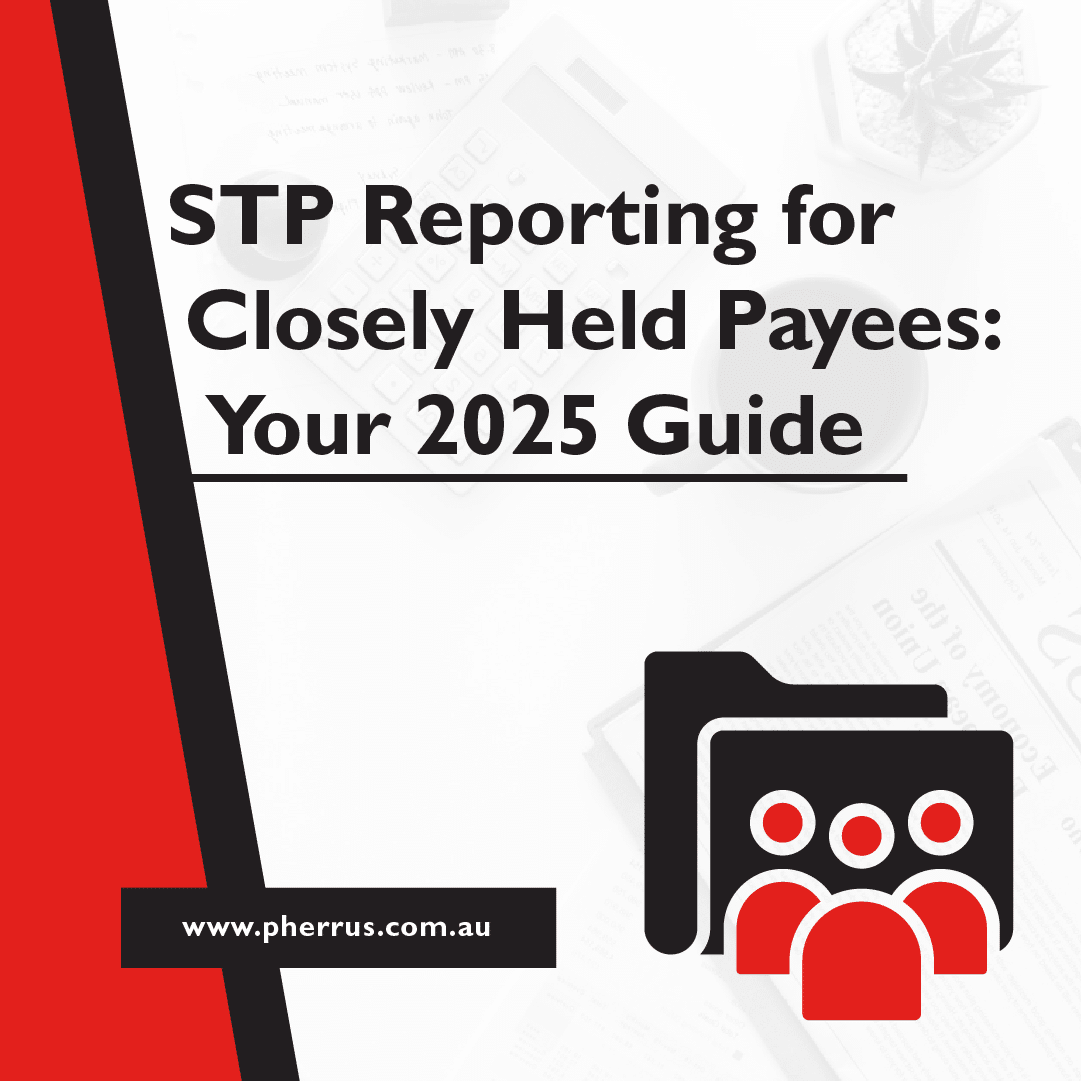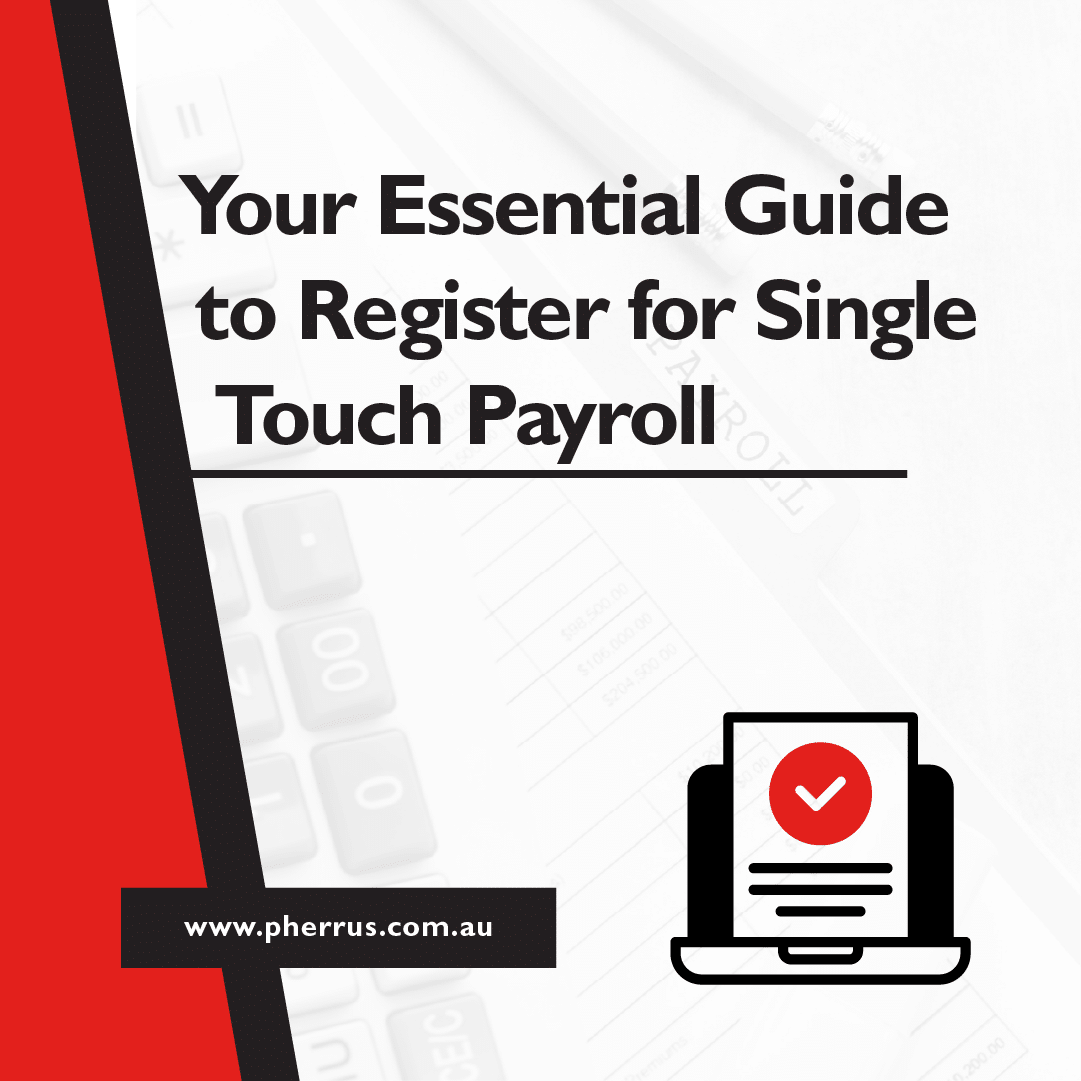Property development can be lucrative – but it’s not without its risks.
If you’re wondering how to structure a property development company or how to set up a property development company, there are things you’ll need to consider before you begin.
From understanding the property market to how to finance developments, manage construction and tolerate risk, there’s a lot to take into account as you get your company off the ground.
Wondering how to start a property development company?

Read on for our top tips.

What is a Property Development Company?
When you’re considering establishing a property development company, it’s first important to know what property development companies are.
You might picture a property developer as a snazzy, suit-wearing, fast-talking businessman, but this stereotype doesn’t always hold up.
Property developers are simply professionals who develop real estate or property for a profit.
Property development companies make a profit by developing quantities of land. They can make a turnover and a profit in several ways:
- Hotel management
- Appraisal services
- Real estate brokerage
- Event planning

What Qualifications Do I Need to Start a Property Development Company?
You don’t need particular certifications or qualifications to launch a property development company, but there are particular experiences or credentials that can make fundraising and management easier.
These include:
- Finishing your Certificate IV in business, real estate or a related subject
- Studying property development and related courses in valuation, investment and finance
- Researching the market, the locations and building costs associated with your work before identifying your first project
- Building up capital by taking money out from an existing mortgage, applying for a loan, or encouraging investors to give you backing

How do I Structure A Property Management Company?
You can choose to structure your property management company as a trust, a proprietary limited company, or a partnership.
A family trust involves property development being undertaken by members of a family, with assets protected and funds distributed within the group.
Trusts are legal entities in which the trustee manages the assets for the beneficiaries, protecting assets from being sued.
Trusts help you with tax planning, as the income you make from your property development can be disseminated according to your trustee’s discretion.
A proprietary limited company features limited liability for members for their ownership value.
We know you don’t want things to go wrong, but limiting yourself and your partners where possible can help.
This ensures any profit you receive will be paid out as a dividend to any shareholders.
Partnerships do not require any registration or formation beyond a partnership agreement.
As partners aren’t protected by anything beyond insurance, their liability isn’t limited by something going wrong, any development costs are carried by partners and any profits are regarded as taxable income.

FAQs About Property Development Companies
Have questions about Property Development Company? Find the answers below.
How many property developers are there in Australia?
There are at least 4,345 existing property developers in Australia, at both local and foreign levels.
Who is the biggest real estate company in Australia?
As of July 2021, the Goodman Group was listed as the leading real estate company on the Australian Securities Exchange (ASX), carrying a market cap of approximately AUD$40.53 billion.
Is property development a profitable business?
Definitely.
Property development’s truly one of the most profitable ways to make money, depending on how well the project is managed, how much research is done beforehand, and whether the job can be completed on time and within budget.
Where can I get funding for a property development company?
Banks continue to be the main source of funding for property development companies. Most banks are eager to lend to developers, though with the current property climate and the findings of the 2018 Royal Commission into Banking, many major banks have made it more difficult for developers to borrow.
As such, private lenders, joint venture funders and second-tier banks are emerging as popular alternatives for some companies.
Mortgage brokers can assist property developers with funding as they carry the expertise and knowledge needed to secure the best deal.
What kind of projects do property development companies handle?
Property development companies develop and manage property for other businesses or organisations, assist companies or individuals with real estate ventures and even facilitate event planning.

Start Your Own Property Development Company
If you’re considering starting your own property development company, there are some serious benefits.
Not only will you launch yourself into a highly profitable business, but you’ll also start a venture which doesn’t require significant qualifications or prior knowledge, can be readily funded and can be structured in a variety of ways to generate the best outcomes for you, your partners and stakeholders.
When starting a company, get Pherrus Financial Services on your side as a leading business accounting firm.
We’re a team of approachable, experienced and passionate tax strategists committed to providing the best outcomes for our clients.
Contact us today.





